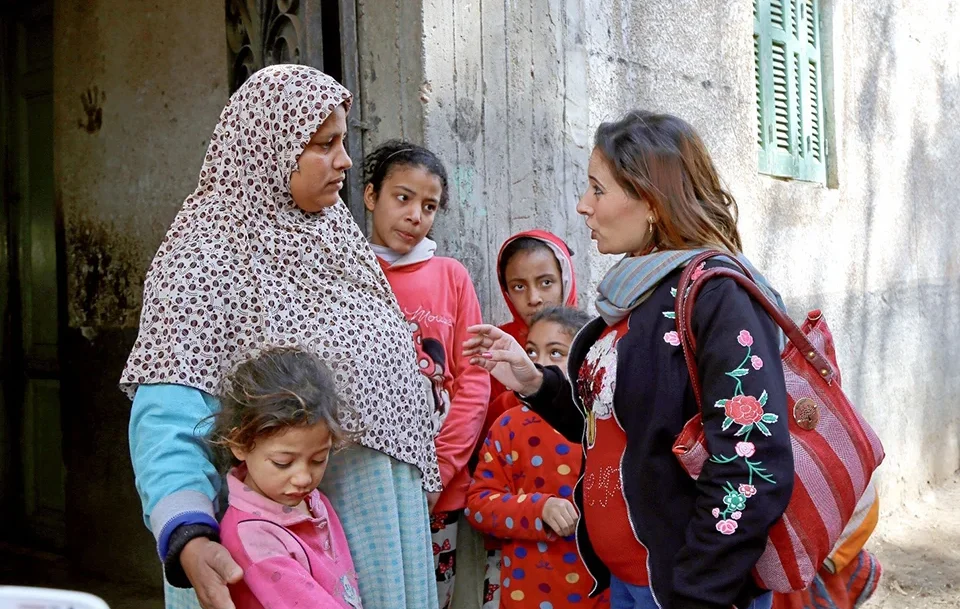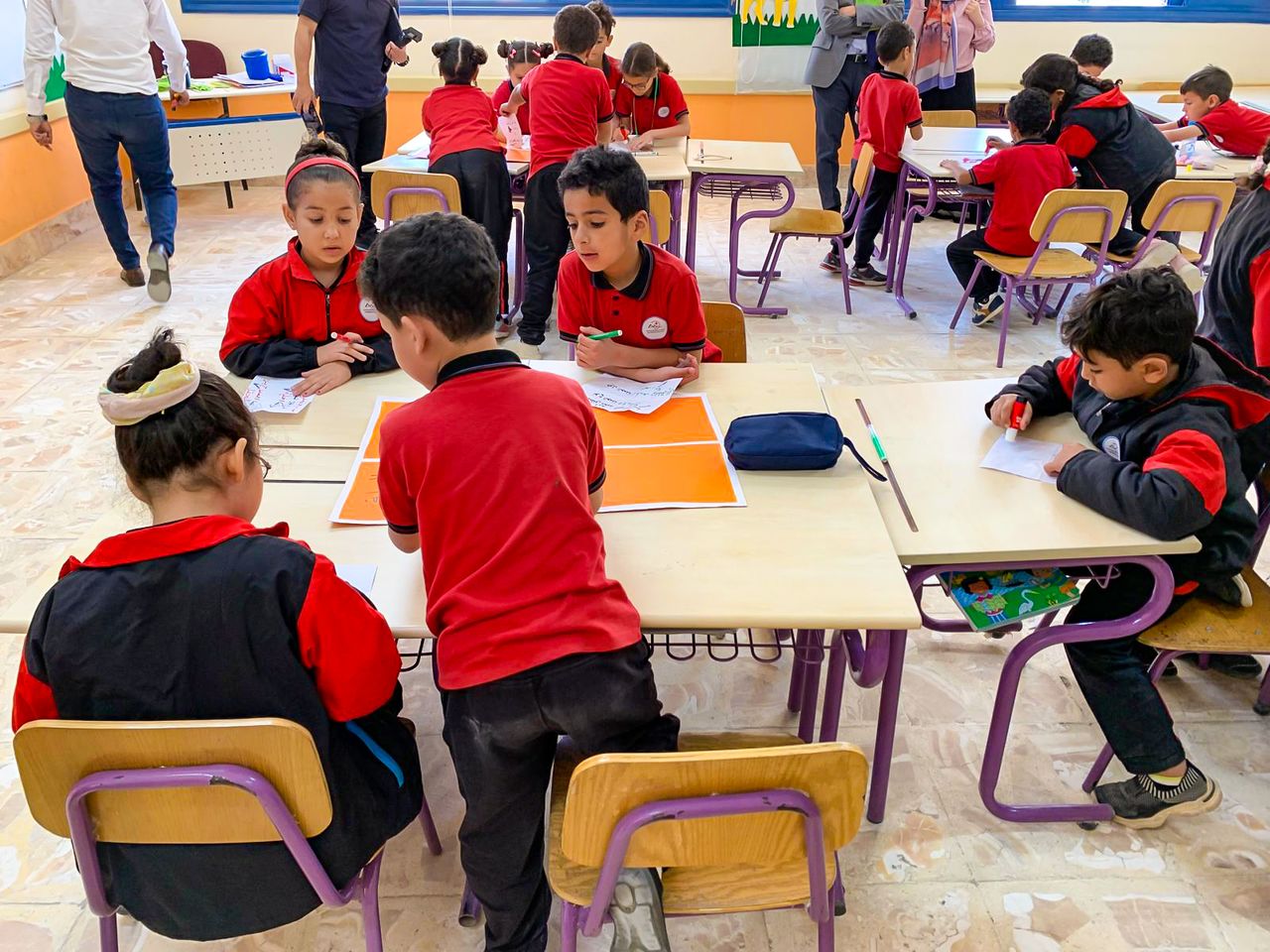Parenting practices in Egypt, much like other parts of the world, are changing. Egyptian families, driven by generational shifts and increasing exposure to global trends, are rethinking traditional approaches to raising children.
According to a 2017 study by Oxford academic, traditional parenting in Egypt focused on discipline, respect for authority, and strict adherence to cultural values. The approach, particularly common in rural areas, emphasized obedience and possibly limited a child’s independence, with parents exercising strong control over their children’s behavior.
However, a 2020 study, by Middle East Current Psychiatry (MECP), noted that with the rise of urbanization and exposure to global parenting trends, modern Egyptian parents, especially in urban areas, have started embracing more progressive methods.
Techniques, which included fostering open communication and allowing children to voice their opinions, have become more common with time.Parents also offered essential guidance that helped children navigate decision-making and distinguish right from wrong, giving them the space to develop their own perspectives.
Egyptian parenting has evolved as each generation adapts its inherited values to meet the changing world’s demands. For baby boomers, Gen X, and Gen Z, shifts in cultural expectations, urbanization, and global influence have reshaped family dynamics, balancing tradition with new approaches to raising children.
For baby boomers, like 73-year-old Nabila Mohamed, discipline and respect for authority were the cornerstones of parenting.
“When I raised my children, we did not question authority. I made the rules, and my children followed. There was no room for negotiation, and that is just how it was in our time,” she recalls.
Her views are quite in line with the traditional mindset of older generations, where the parent’s role was one of dominance and strict guidance, ensuring children adhered to the cultural values of respect and obedience.
However, Passant Mohammed, 49, a GenX parent, believes that a more balanced approach is needed.
“I don’t think this is the right way to parent. Children need space to voice their opinions and experience things on their own to build their personality. They have to make mistakes to learn from them, but of course, with parental guidance,” she explains.
Passant finds herself trying to navigate the tension between the strict upbringing she experienced and the need for more open communication with her children.
“Growing up, my parents valued respect and obedience, and they were very strict with me and my siblings,” she told Egyptian Streets, adding that her daughters’ differing opinions and perspectives have led to “clashes between them,” which has helped her realize that the challenge lies in striking a balance between the way she was raised and the rapidly changing world her daughters are growing up in.
Her approach echoes findings from a 2022 study by Sage Journals, which explains that modern parents face the challenge of balancing their children’s growing independence with the need for supervision and support, which are crucial for achieving psychosocial maturity, while still maintaining the guidance necessary to ensure their safety.
Meanwhile, Gen Z parents like 26-year-old Rawan Youssef emphasize the need for individuality in their parenting style.
“I think this method of parenting is wrong and brought up individuals who struggled with independence when they got married, like my mother. Her mother told her it was time for marriage, so she got an arranged marriage,” she tells Egyptian Streets. “For me, even though I got married early, it feels like I can finally be my true self. Independence is something I craved my whole life, and I want my children to be their true selves, voice their opinions, and have values based on their own experiences—not mine.”
Nabila, a grandmother, also recognizes how much parenting has changed: “It is very noticeable that this generation is different, especially with how much freedom my grandchildren have compared to what I gave their parents.”
But, she has also noticed they are “well-behaved and strong individuals.”
“I think balance is key nowadays, but parents still need to monitor their children closely because the environment around them can’t always be trusted,” she adds.
However, the much-sought balancing act becomes hard to navigate at times. Even Rawan, who advocates for giving children more freedom, admits that exploring modern parenting has its challenges.
“While I respect that parents today give their children freedom, I’ve seen friends in university lie to their parents to get away with things. I’ve realized that creating a safe space for my children to come to me, even with extreme situations, is better than making them feel they have to lie,” she says.
According to a 2006 study, by the Journal of Cross-cultural Psychology, modern parents are exposed to a wider range of perspectives, which encourages them to reconsider and adapt traditional parenting methods in favor of more progressive approaches. This generation often draws inspiration from parenting blogs, online communities, and cultural trends that emphasize gentle parenting, positive discipline, and emotional intelligence.
Rawan’s experience reflects this influence, as she highlights the struggle between preserving her cultural identity while embracing more modern parenting practices.
“I want my kids to be independent, but it is challenging to balance that with the traditional values I was raised with,” she shares.







Comments (0)